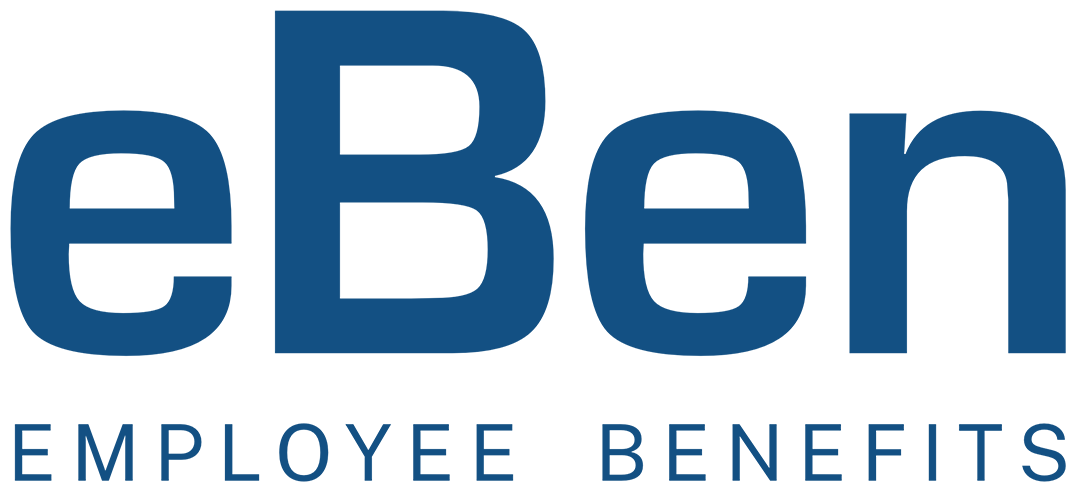Compliance is one of the most pressing concerns for modern businesses. A proper compliance program can allow your company to avoid fines, lawsuits and negative exposure while ensuring you are following proper procedures that protect your employees. There is a growing list of areas in which businesses are compelled to ensure compliance, and one of the more confusing areas of benefits compliance is Medicare Secondary Payment.
 Medicare Secondary Payment (MSP) refers to cases where the Medicare program does not hold the primary responsibility for payment for healthcare services because another entity must pay before Medicare. Although Medicare was the primary payer for all claims when it first began in 1966, legislation was passed in the 1980s that made Medicare the secondary payer for some primary plans in an effort to shift costs away from the program to private payment sources.
Medicare Secondary Payment (MSP) refers to cases where the Medicare program does not hold the primary responsibility for payment for healthcare services because another entity must pay before Medicare. Although Medicare was the primary payer for all claims when it first began in 1966, legislation was passed in the 1980s that made Medicare the secondary payer for some primary plans in an effort to shift costs away from the program to private payment sources.
These provisions are aimed at protecting Medicare Trust Funds by preventing Medicare from paying for services and items that fall under the purview of other types of coverage in cases where Medicare is not the beneficiary’s main source of health insurance. All entities billing Medicare for services and items rendered to beneficiaries are required to determine if Medicare is indeed the primary payer for such items.
Under the Medicare Secondary Payer (MSP) laws, the parties involved in no-fault, liability and workers compensation cases must protect the interests of Medicare as they resolve cases that involve future medical expenses.
eBen’s Secondary Payer Compliance Services: An Overview
eBen offers a complete line of Medicare secondary payer compliance services, resolving some of the most complex and difficult compliance challenges that your firm may be facing. Our team of professionals will carry out an analysis of your claim and offer recommendations for finding savings while ensuring Medicare’s interests are protected.
Our services can help your company with the following compliance-related activities:
- Properly calculating your total number of employees – Total employee size, rather than enrollment size, is an important factor in determining whether Medicare is the primary or secondary group health plan coverage.
- Identifying individuals who fall under the MSP requirements and explaining how MSP rules apply to various categories of Medicare beneficiaries who are covered by group health plans.
- Ensuring all plans provided by the employer provide for appropriate primary payments where Medicare is lawfully the secondary payer.
- Ensuring plans do not discriminate against any employees or their spouses who are aged 65 or older, suffering from permanent kidney failure, or disabled.
- Completing and submitting relevant Data Match reports.
- Responding to demand letters from Medicare.
Penalties
 The U.S. Department of Health and Human Services recently released inflation-adjusted civil monetary penalty amounts that apply to penalties that are assessed after March 17, 2022. These penalties are aimed at discouraging employers from forcing people off of their primary health coverage and taking their Medicare eligibility into account for the purposes of health coverage.
The U.S. Department of Health and Human Services recently released inflation-adjusted civil monetary penalty amounts that apply to penalties that are assessed after March 17, 2022. These penalties are aimed at discouraging employers from forcing people off of their primary health coverage and taking their Medicare eligibility into account for the purposes of health coverage.
For workers compensation claimants who are Medicare beneficiaries, employers are required to report any claims to the Centers for Medicare and Medicaid Services. Failure to comply with this reporting requirement could result in a fine of $1,000 per day for each claimant penalty.
Medicare is a secondary payer when it comes to the medical expenses stemming from workplace injuries, so if the program pays medical expenses for a beneficiary who has been injured in a work accident, they are entitled to reimbursement from the party responsible or the insurance carrier. Any time Medicare makes such a payment, it is considered a conditional expense that is subject to recovery.
The penalties for instances where employers or another entity offer incentives to Medicare-eligible individuals to avoid enrolling in an employer-sponsored healthcare plan that would have been considered primary in favor of Medicare now stands at $10,360 per violation. These penalties can add up quickly as the Department of Health and Human Services now views every offer of an incentive as a separate violation.
Schedule a Consultation with the Compliance Professionals at eBen Benefits
The world of benefits and compliance can be a challenging one to navigate, particularly for businesses that do not have in-house human resources teams. eBen Employee Benefits is a privately-owned brokerage and consulting firm that has been in business for more than two decades. Our experienced consultants work in offices throughout the nation helping guide businesses on what works and what does not in the constantly evolving world of employee benefits management and compliance, as well as other human resources and benefits-related matters.
At eBen, we strive to help our clients avoid significant fines and reimbursement obligations while adhering to all of the relevant regulations. From identifying practices that could pose a concern to offering analysis and tools aimed at ensuring compliance, we have helped countless clients of all sizes to understand the rules and their cost impact and avoid being hit with significant fines that could jeopardize their finances.
Reach out to us today to schedule a consultation and find out how we can help you develop a tailored plan to address all of your Medicare Secondary Payer compliance needs.


